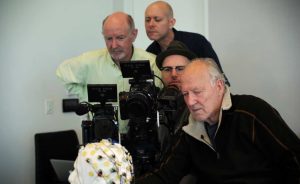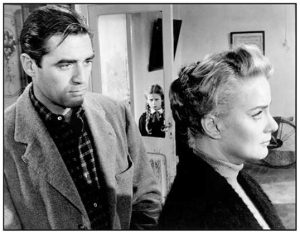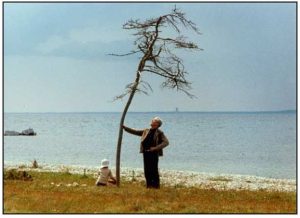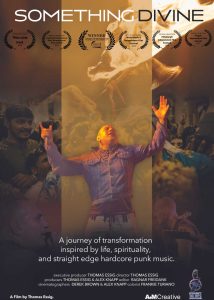 Film Forum is set to present the US theatrical premiere of Werner Herzog’s THEATER OF THOUGHT opening Friday, December 13.
Film Forum is set to present the US theatrical premiere of Werner Herzog’s THEATER OF THOUGHT opening Friday, December 13.
After 50+ years exploring the far corners of the world, Werner Herzog focuses inward — on the human brain, via the cutting-edge field of neuroscience, with its attendant ethical quandaries. Joined by Columbia professor Rafael Yuste (the film’s science advisor), the two cross the country querying innovators in cerebral research and bioethics: Can computers help people communicate telepathically? How can the brain be stimulated to curb depression, pain, or the effects of Parkinson’s? Is thought control possible? Can fear be located in the brain? And — as only the beguiling Herzog could inquire — will a scientist be able to read his mind and see his film before he’s made it? Herzog’s curiosity is at its peak in this romp through technological advances once only the stuff of science fiction.
The film had its world premiere at the 2022 Telluride Film Festival and went on to screen at the Toronto International Film Festival, as well as DOC NYC, where Herzog was awarded the festival’s Lifetime Achievement Award.
THEATER OF THOUGHT will be the 17th of Herzog’s films to debut at Film Forum, making him the second most-premiered filmmaker in the theater’s 54-year history.









